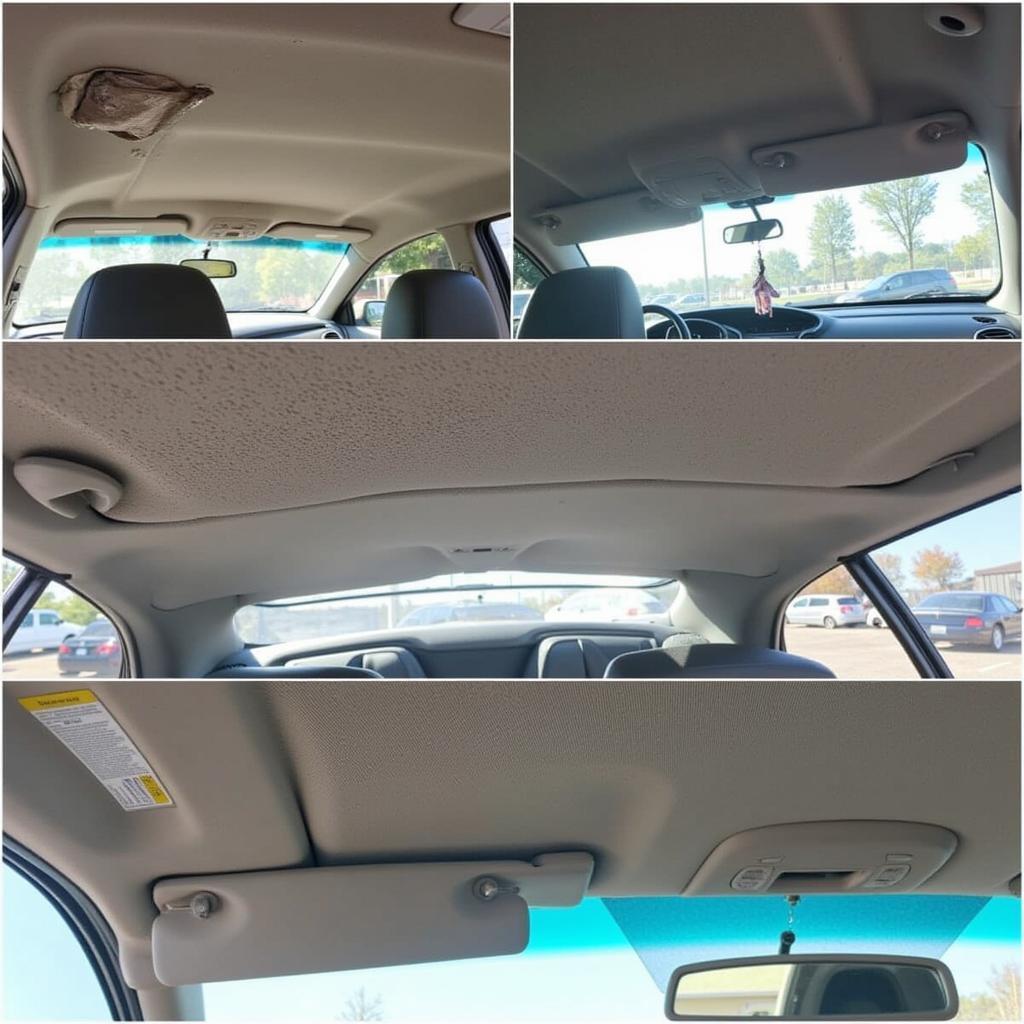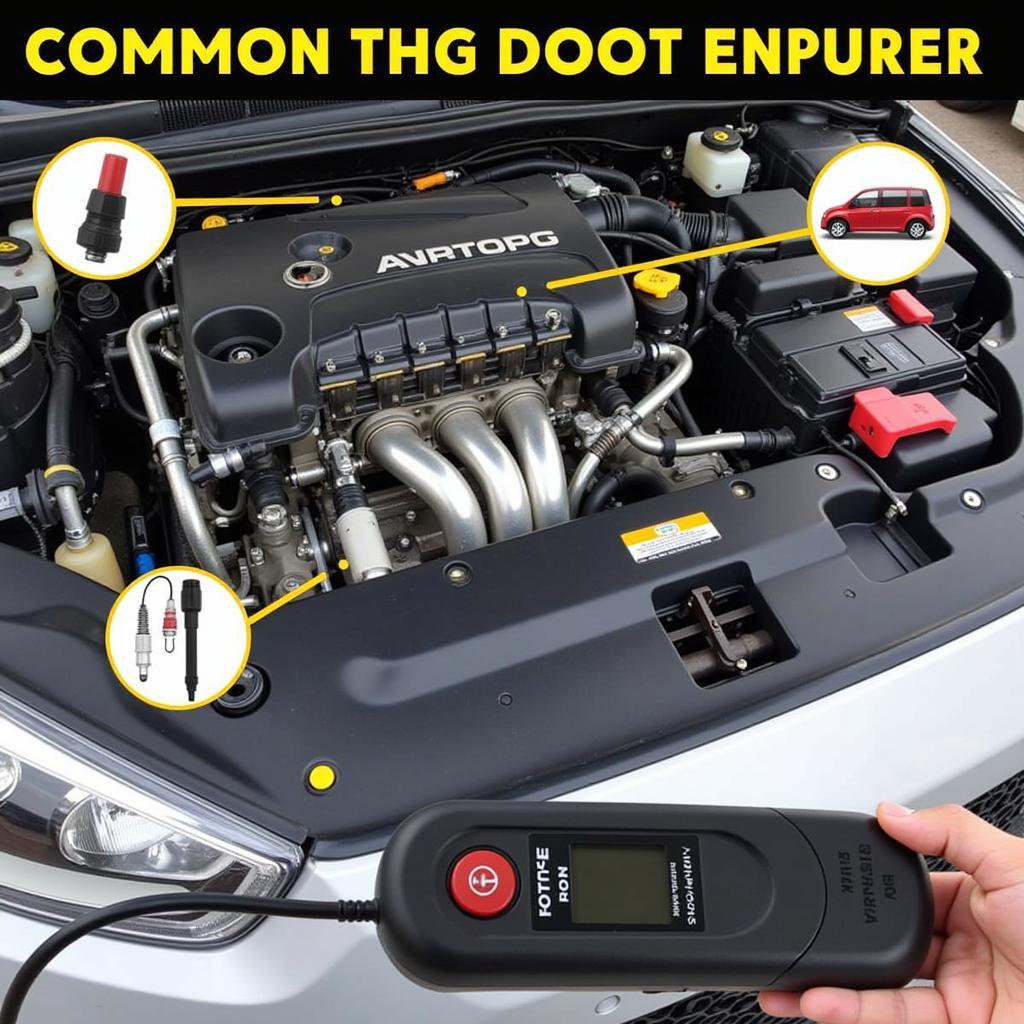Car Maintenance Best Practices are crucial for ensuring your vehicle’s longevity, performance, and safety. Following a regular maintenance schedule and understanding key preventative measures can save you money and headaches in the long run. Let’s dive into the essential car maintenance practices that every car owner should know. best car maintenance practices
Why are Car Maintenance Best Practices Important?
Regular car maintenance is like giving your car a health check-up. It allows you to catch potential problems early on, preventing minor issues from escalating into major, costly repairs. Furthermore, adhering to car maintenance best practices ensures optimal fuel efficiency, enhances performance, and increases the resale value of your vehicle.
Essential Car Maintenance Best Practices
Fluids: The Lifeblood of Your Car
Regular fluid checks and changes are paramount to your car’s health. Engine oil, coolant, brake fluid, transmission fluid, and power steering fluid all play vital roles. Check your owner’s manual for the recommended intervals for each fluid change. Neglecting these can lead to significant damage and expensive repairs.
- Engine oil: The lifeblood of your engine, keeping it lubricated and cool.
- Coolant: Prevents overheating and protects your engine from extreme temperatures.
- Brake fluid: Ensures proper braking function, vital for safety.
- Transmission fluid: Keeps your transmission running smoothly and efficiently.
- Power steering fluid: Makes steering effortless and responsive.
Tire Care: More Than Just Air Pressure
Maintaining proper tire pressure is crucial for fuel efficiency and tire longevity. But tire care goes beyond just air. Regularly rotate your tires to ensure even wear and extend their lifespan. car maintenance checks Also, check the tread depth and look for any signs of damage or uneven wear.
What are some basic car maintenance best practices I can do myself?
Some basic car maintenance best practices you can perform yourself include checking and topping off fluids, checking tire pressure, replacing wiper blades, and inspecting lights. These simple checks can make a big difference in your car’s performance and longevity.
Filters: Keeping Things Clean
Your car has several filters that play crucial roles in keeping things clean and running efficiently. The air filter prevents contaminants from entering the engine, while the cabin air filter keeps the air inside your car clean. Regularly replacing these filters ensures optimal performance and air quality.
Brakes: Your Safety Net
Your brakes are arguably the most important safety feature of your car. company car maintenance Regular brake inspections are vital to ensure they are functioning correctly. Have your brake pads and rotors checked and replaced as needed.
“Regular brake checks are non-negotiable when it comes to car maintenance. It’s about your safety and the safety of others on the road,” says John Davis, a certified automotive technician with over 20 years of experience.
Battery Care: Avoiding a Dead Start
Your car battery is the heart of your car’s electrical system. Regularly cleaning the battery terminals and checking the battery’s health can prevent unexpected breakdowns.
Conclusion: Car Maintenance Best Practices are an Investment
Adopting car maintenance best practices is an investment in your vehicle’s longevity, performance, and your own safety. By following these guidelines, you can avoid costly repairs, enjoy a smoother ride, and extend the life of your car. Contact us at AutoTipPro for all your car maintenance needs. Our phone number is +1 (641) 206-8880 and our office is located at 500 N St Mary’s St, San Antonio, TX 78205, United States. most reliable low maintenance used cars car maintenance avondale
“Preventative maintenance is always cheaper than reactive repairs. A little effort now can save you a lot of money and hassle down the road,” adds Sarah Miller, lead mechanic at a reputable auto repair shop.






Leave a Reply